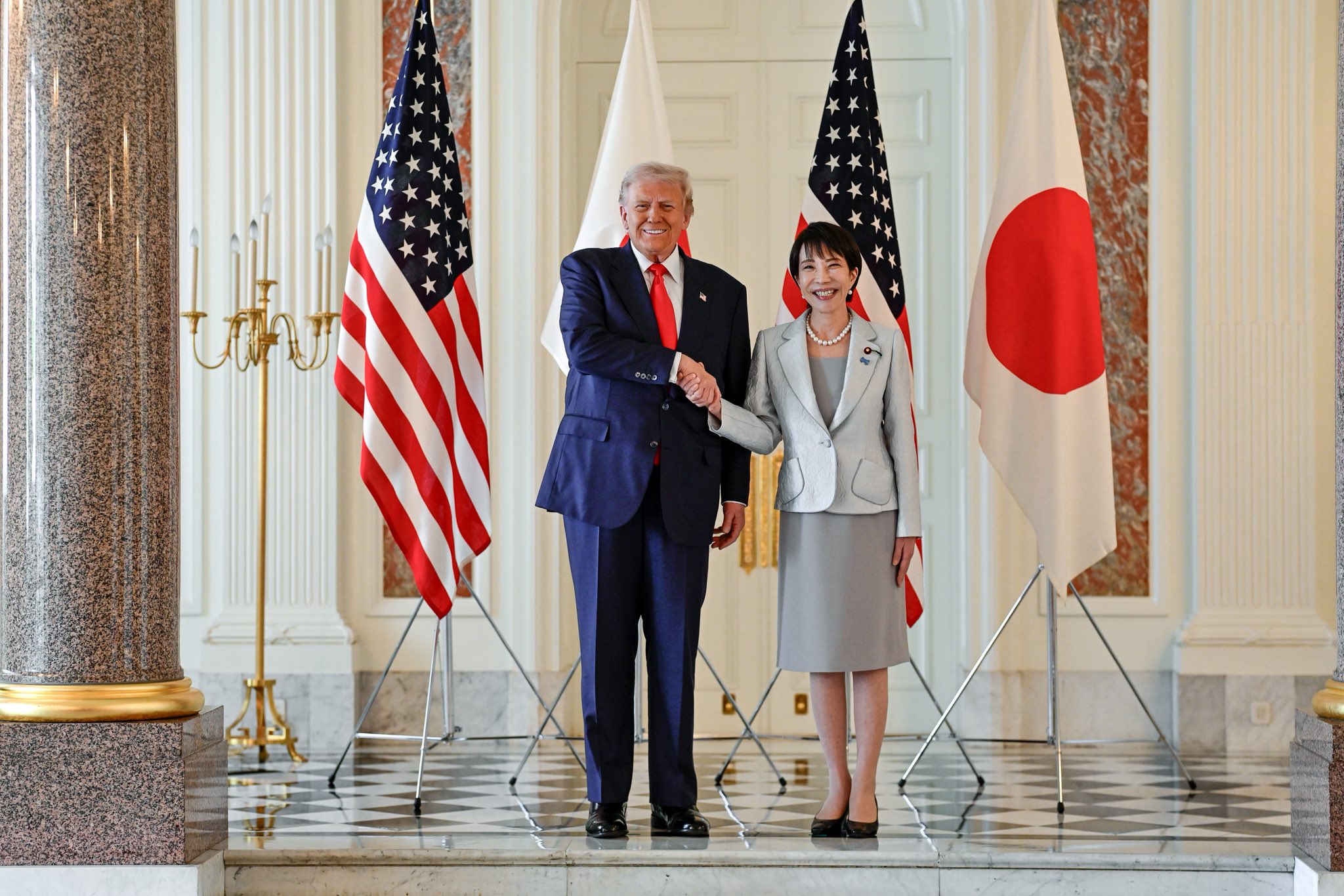Already a subscriber? Make sure to log into your account before viewing this content. You can access your account by hitting the “login” button on the top right corner. Still unable to see the content after signing in? Make sure your card on file is up-to-date.
The United States has signed an agreement with Japan to jointly develop and secure supplies of critical minerals and rare earth elements.
Some shit you should know before you dig in: If you’re unaware, China has a monopoly on the global refining of rare earth elements, processing over 90% of the world’s supply despite only mining a portion of it. This dominance gives China immense leverage over critical materials used in everything from electric vehicle batteries and smartphones to advanced US defense systems like fighter jets, missile guidance systems, and radar equipment. Recently, China escalated tensions by expanding its export controls, adding more rare earth elements to its restricted list and tightening oversight of foreign companies that depend on Chinese-refined materials. These moves have raised serious alarms in the United States, prompting the Trump administration to rapidly diversify its sources and reduce the nation’s dependence on China.

What’s going on now: President Trump and newly elected Japanese Prime Minister Sanae Takaichi have signed a framework agreement aimed at fortifying both nations’ access to rare earths and critical minerals. The agreement outlines a six-month action plan to identify and fund new mining and processing projects for essential materials like magnets and battery components. A key part of the deal includes the formation of a joint “Rapid Response Group” tasked with identifying supply chain vulnerabilities and coordinating emergency deliveries when disruptions occur. Both countries also agreed to streamline their permitting processes, with the goal of accelerating project approvals and reducingbureaucratic delays.
The agreement also goes beyond just mining (it establishes long-term cooperation on advanced nuclear technologies). Japan has also pledged a $550 billion investment package into US industries as part of the broader deal.
This move comes just days after the US signed a similar agreement with Australia focused on bolstering critical mineral supply chains. That agreement includes provisions for shared stockpiling, joint research initiatives, and coordinated investments in mineral refining infrastructure. Like the Japan deal, the Australia agreement is designed to sidestep China’s chokehold on processing capabilities and ensure Western allies maintain steady access to strategic resources.







